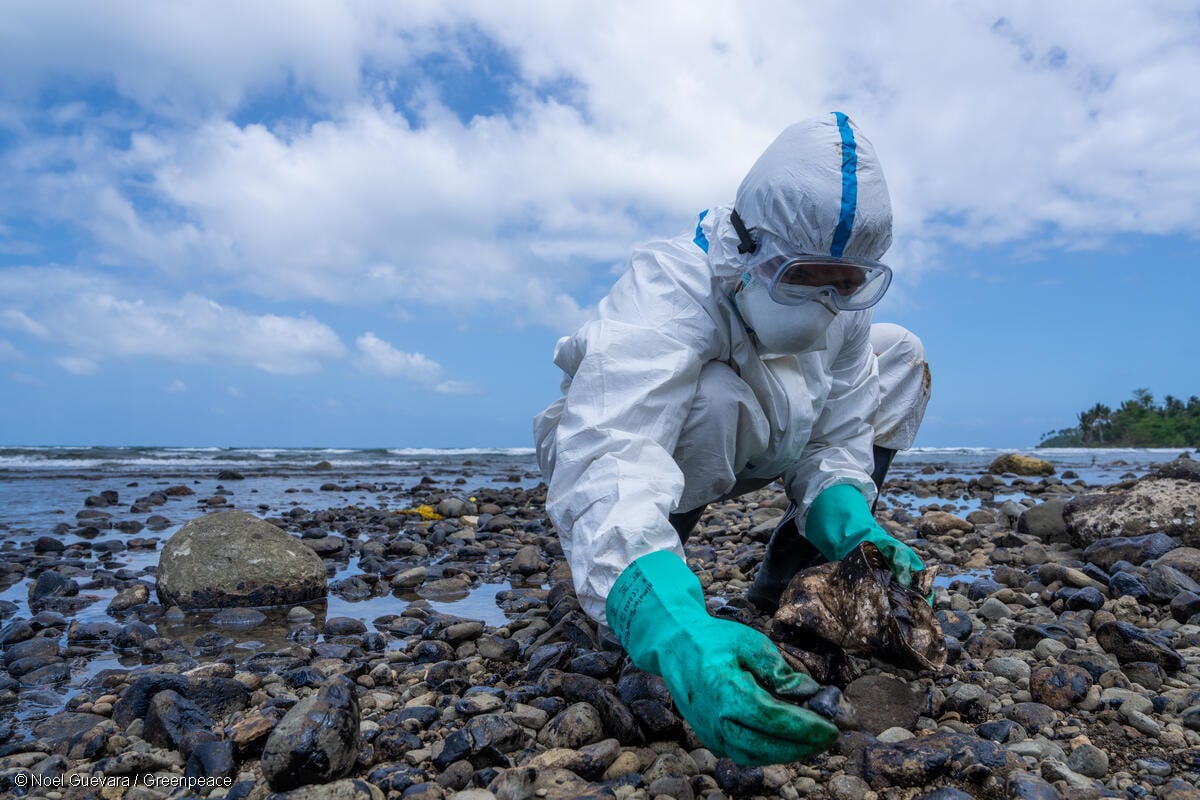The UK government’s plan to cut millions of hours of raw sewage discharges by water companies each year is facing a judicial review on the grounds that it is unlawful.
The conservationist charity WildFish is calling for the storm overflow reduction strategy, published on Friday, to be withdrawn immediately.
It argues the plan will allow storm overflows to continue dumping raw sewage for the next 28 years. In high-priority areas, the strategy will allow discharges to cause adverse ecological impacts for the next 13 years.
“WildFish lawyers have concluded that Defra’s [Department for Environment, Food and Rural Affairs] much-vaunted storm overflow discharge reduction plan is unlawful on many counts,” said Nick Measham, the chief executive of the charity.
“The plan allows or otherwise encourages the continuation of breaches of existing environmental laws by the water companies, by Ofwat and by the secretary of state himself, for many years to come, in some cases until 2050.”
Measham said the plan showed the government had no real appetite to deal robustly with the appalling sewage pollution of English rivers caused by water companies.
The government strategy was criticised by a number of organisations and members of the public, when it went out to consultation for being too weak with targets too far in the future.
The Rivers Trust said it was appalled that the government had not taken into account the thousands of responses to the draft consultation which were calling for much more ambitious targets.
Christine Colvin, an advocacy and engagement director of the Rivers Trust, said: “The requirement for this plan in the Environment Act gave government a great opportunity to right the wrongs on weak regulation and get on the front foot. It should have presented an open goal for a fresh start to stop sewage pollution in my lifetime. Instead they have scored an own goal.”
She said the government had stopped engaging with the storm overflow reduction taskforce, which was not given the results of the consultation nor invited to advise further on how the plan could have been strengthened.
Under government plans, by 2035 water companies will have to improve all storm overflows discharging into or near every designated bathing water, and improve 75% of overflows discharging to high-priority nature sites. By 2050, this will apply to all waterways.
WildFish has begun proceedings against the plan by issuing a letter before action asking for the strategy to be withdrawn.
The storm reduction plan was published after a summer in which raw sewage discharges by water companies have resulted in beaches being closed and warnings issued about the quality of bathing water across the country. Last week a sewage leak by Thames Water killed fish stocks along a three-mile stretch of the River Ray. Thames Water said a sewage pipe had burst near Swindon.
Beaches in Sussex were shut after untreated sewage was pumped into the sea with the overflow captured on video.


